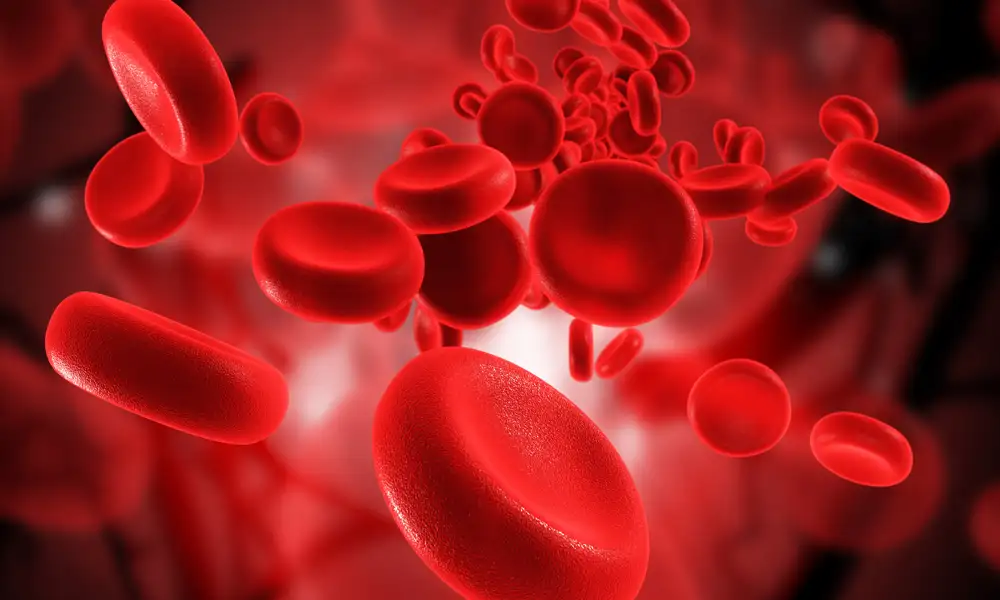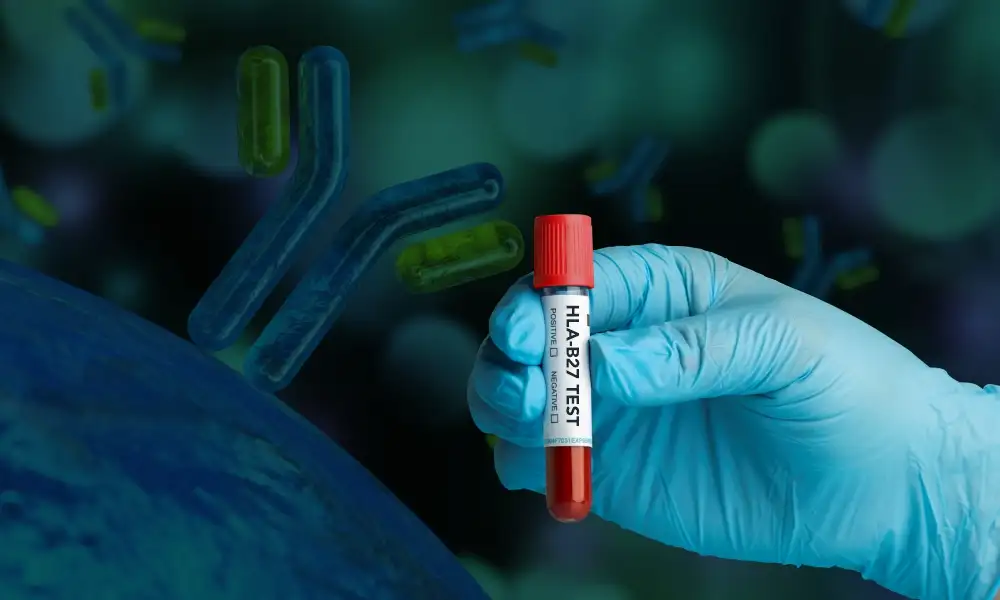Anemia: A Major Health Concern
- June 26,2021
- 2 Min Read

Anemia is the general name for a condition where the body either cannot make enough healthy red blood cells or has too little hemoglobin, the substance that enables red blood cells to transport oxygen around the body. Depending on the causes of your anemia, you might have no symptoms, but some of them include:
· Fatigue
· Weakness
· Pale or yellowish skin
· Irregular heartbeats
· Shortness of breath
· Dizziness or lightheadedness
· Chest pain
· Cold hands and feet
At first, anemia can be so mild that you don't notice it at all but over time symptoms can worsen.
Factors that place you at increased risk of anemia are:
· A diet lacking in certain vitamins and minerals
· Intestinal disorders
· Menstruation
· Pregnancy
· Chronic conditions
· Certain infections, blood diseases and autoimmune disorders
· Alcoholism, exposure to toxic chemicals, and the use of some medications
· Age over 65
Anemia can cause severe damage to your body:
· Lasting fatigue leading to diminished productivity
· Weakened immune system
· Fast or irregular heartbeat
· Heart failure
· Problems during pregnancy, including fatigue, premature labor and problems with fetal development
· Increased risk of postpartum depression
To understand the prevalence of anemia of the general population, we conducted a study on the hemoglobin levels of all those who did a Vitamin D test as part of a health check-up at Suburban Diagnostics over the past 5 years.
From 1.9 lakh samples, we found that a significant percentage of people had anemia, especially among women of all ages and men above the age of 60.
Desirable Levels:
Know where do you stand! Get a blood test to check your hemoglobin levels.
#unburdenyourhealth with us.
Want to book a test? Fill up the details & get a callback
Most Viewed
Premarital Health Screening
- 20 Min Read
Typhoid - Signs and Symptoms
- 3 Min Read
Home Isolation Guidelines - Covid-19 Care
- 5 Min Read
HLA B27 Detection: Flow Cytometry & PCR
- 1 Min Read














